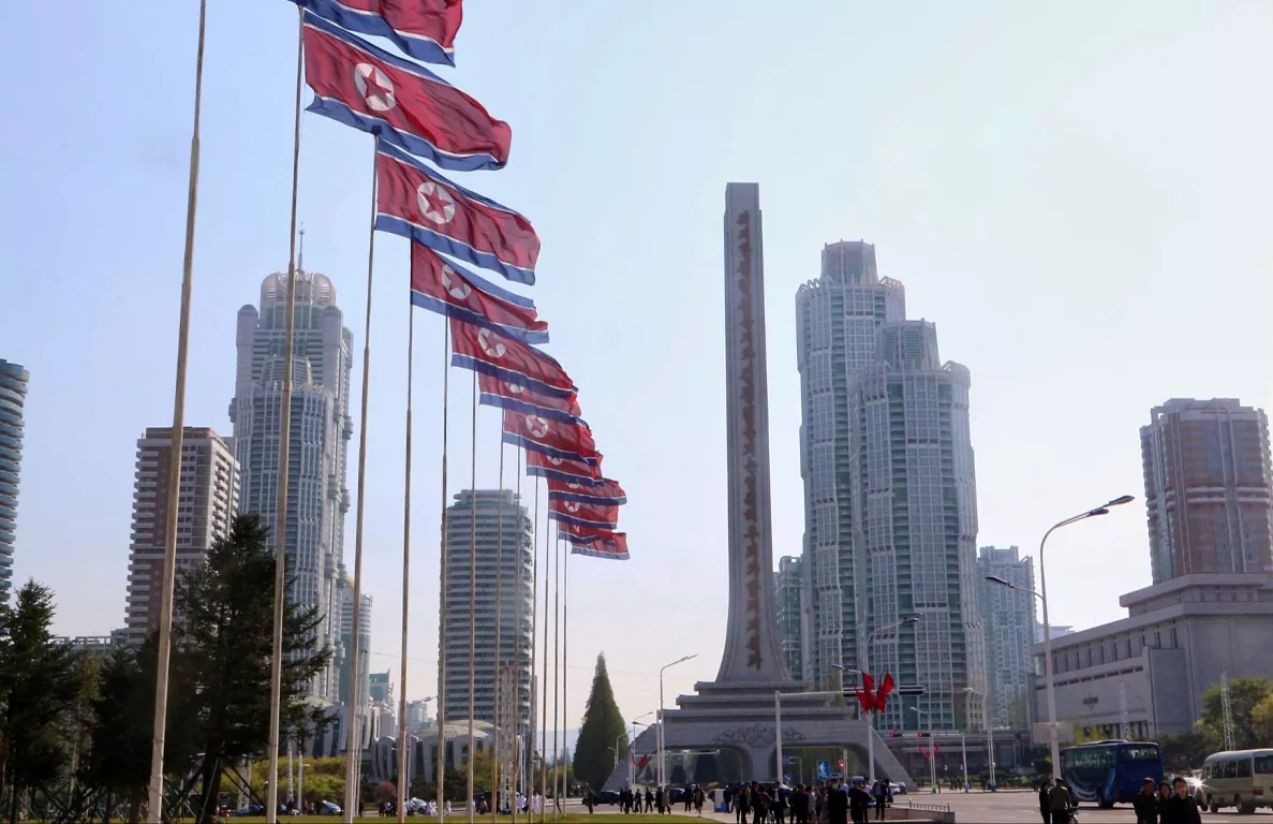Six U.S. citizens were arrested Friday on South Korea’s Ganghwa Island for allegedly attempting to send 1,600 plastic bottles filled with rice, U.S. dollars, and Bibles across the sea to North Korea. The operation, thwarted by local police, comes at a sensitive time as the newly elected social democratic government of President Lee Jae-myung seeks to ease tensions with the Kim Jong-un regime.
According to an officer who spoke on condition of anonymity, the group intended for the bottles—launched from the island located near Seoul and facing the North Korean coast—to drift ashore with the tide. Another officer confirmed the arrests but provided no further details, including whether any of those detained had engaged in similar activities before.
Sending materials to North Korea via floating bottles or balloons has long been a source of friction on the peninsula. These parcels often include propaganda leaflets or religious texts, prompting angry responses from Pyongyang. Last year, North Korea retaliated by launching balloons filled with waste into South Korean territory.
In 2023, South Korea’s Constitutional Court struck down a 2020 law that had banned the sending of such materials, ruling it an excessive restriction on freedom of expression. However, the current administration aims to curb these actions using alternative public safety legislation, citing the need to reduce regional tensions and protect residents near the border.
On June 14, another activist was arrested on Ganghwa Island for launching balloons toward the North. President Lee, who took office earlier this month, has pledged to resume peace talks with Pyongyang and promote reconciliation. One of his early moves was to suspend the use of loudspeakers that broadcast propaganda messages across the border. Since then, no reciprocal broadcasts have been detected from North Korea.
Despite these gestures, prospects for immediate de-escalation remain uncertain. Last year, North Korea declared it was severing all ties with Seoul and abandoning its long-standing goal of peaceful reunification. Inter-Korean dialogue has been frozen since 2019, when broader denuclearization talks between Pyongyang and Washington collapsed.

